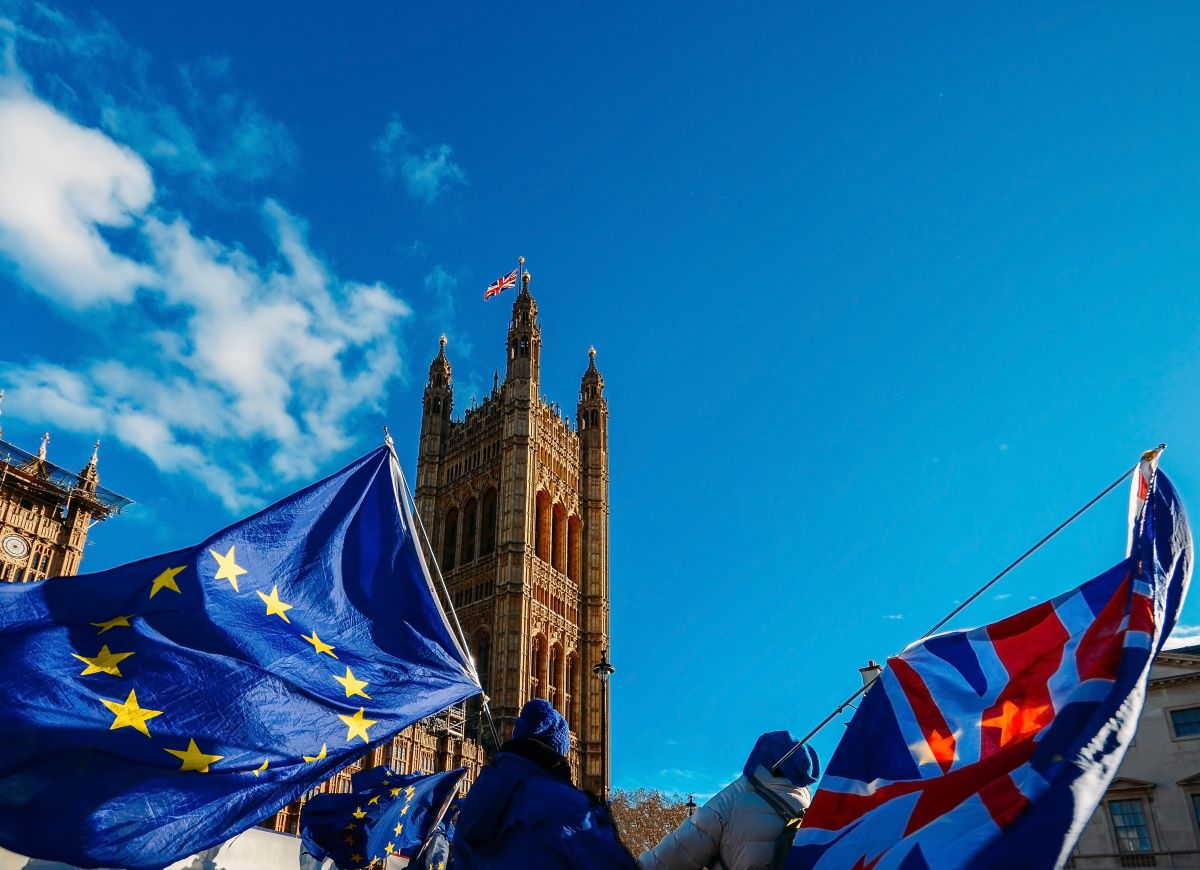As Brexit’s economic impact continues to challenge the UK, leading economists and a major US study reveal stark warnings for Labour’s growth plans and the country’s future. Here’s the full story.
Brexit Aftershocks
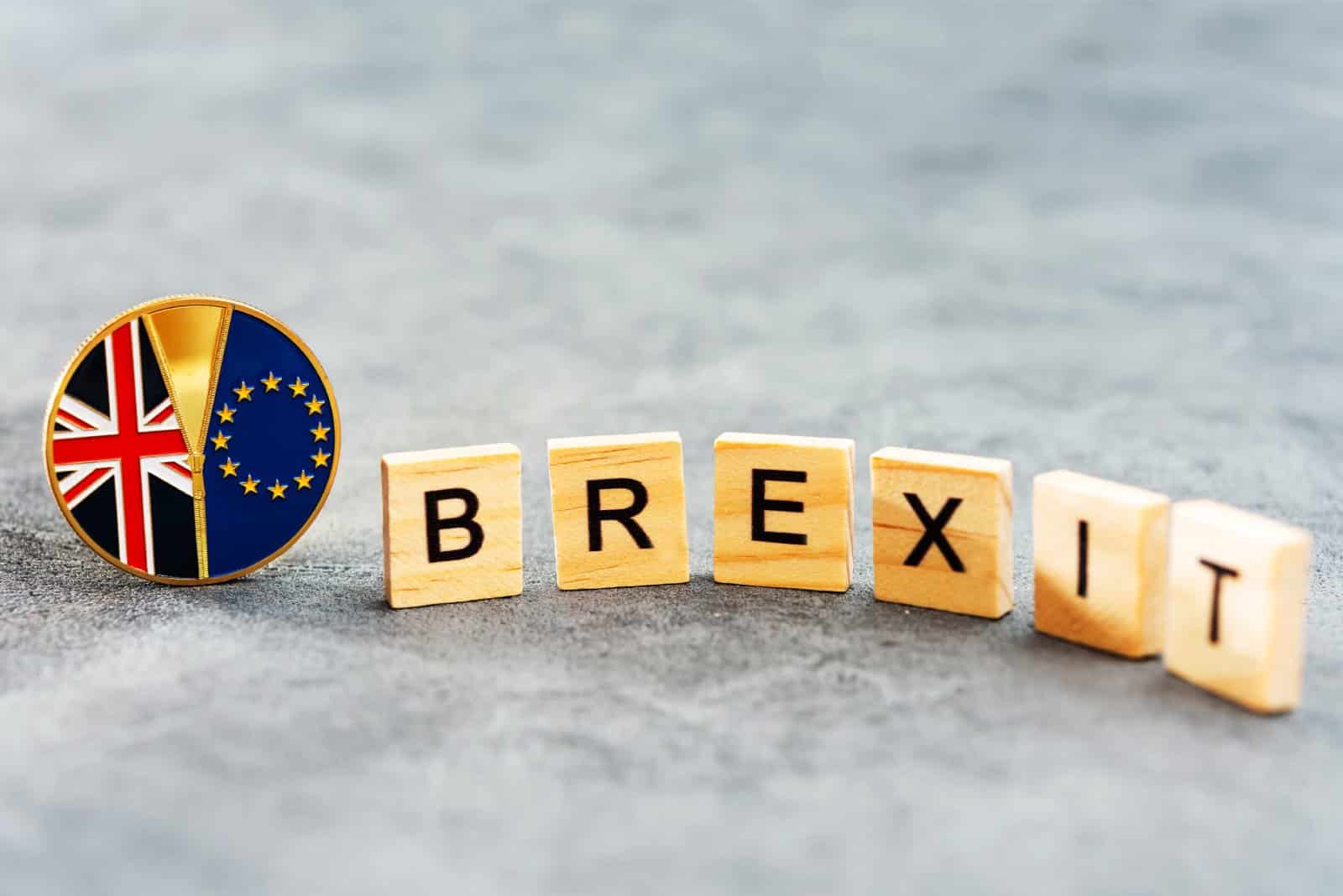
As the aftershocks of Brexit continue to be felt years after the UK’s knife-edge vote to leave the European Union (EU), the country faces an economic reality fundamentally different from the one experienced before Brexit, with both immediate and long-term impacts on growth and stability.
Public Mood Shifts
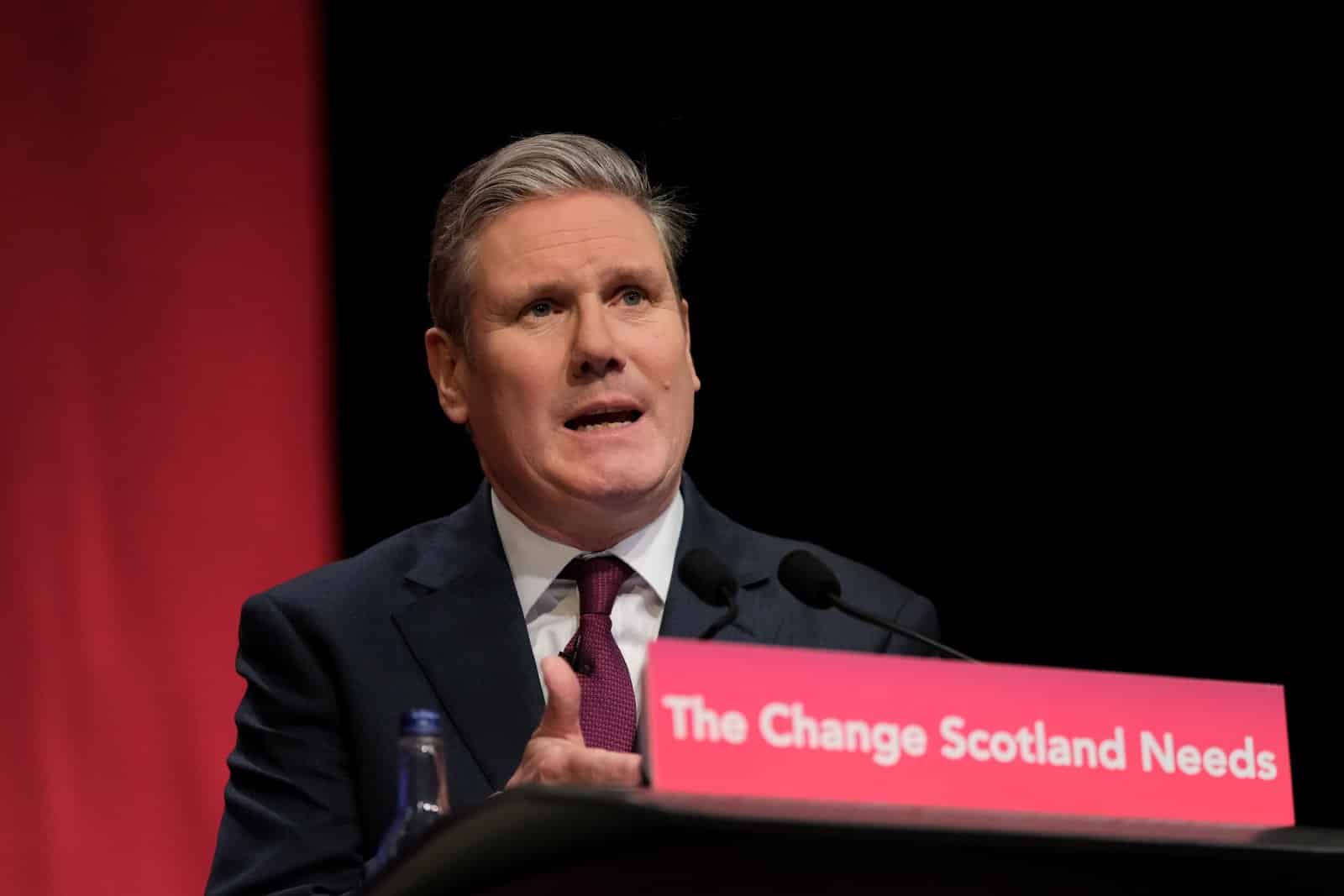
The public mood has so turned against Brexit that Labour leader Keir Starmer is increasingly under pressure to outline concrete plans to reverse the considerable damage that it is doing to the UK economy.
Stark Economic Figures
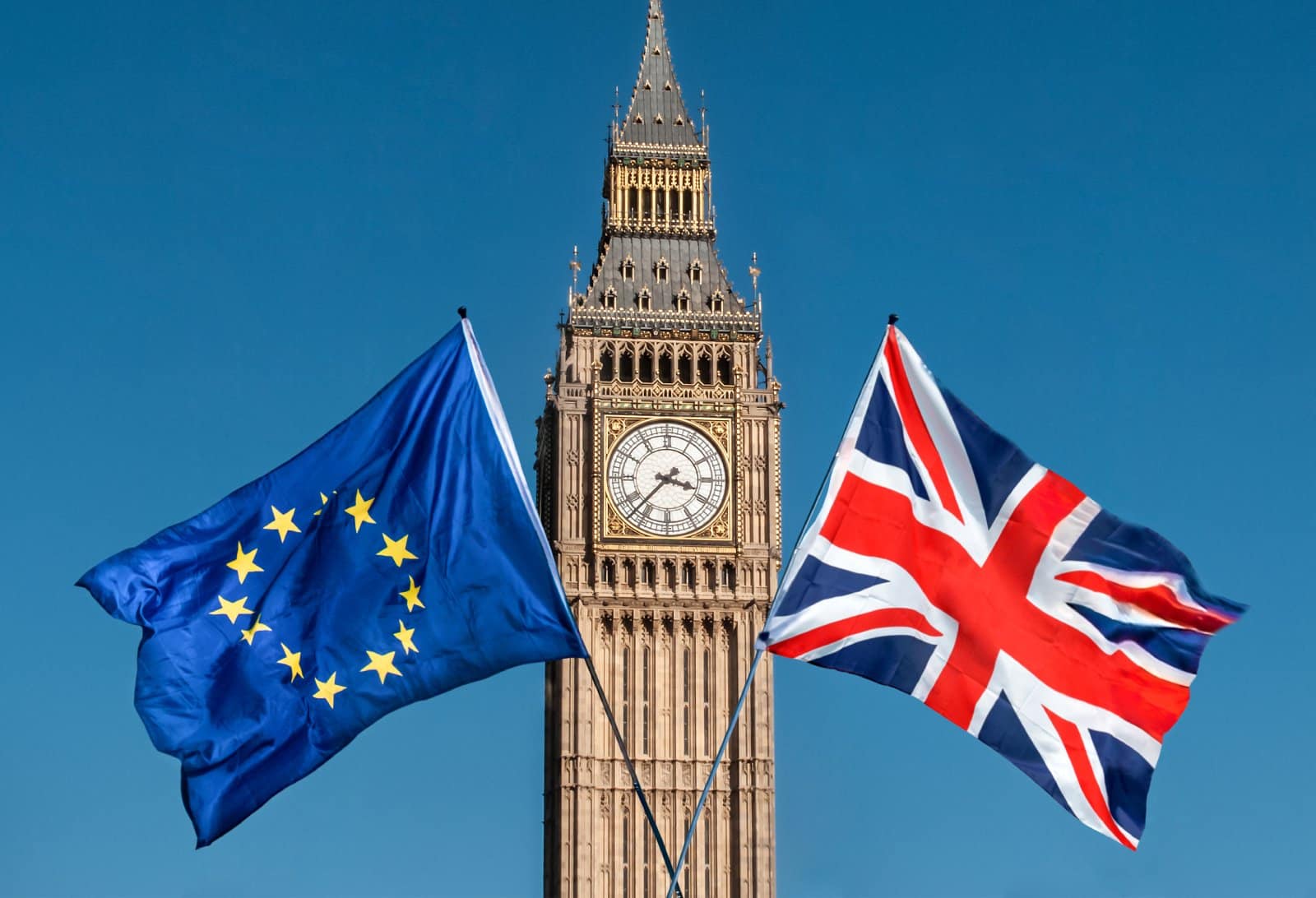
The figures are stark. With the trade barriers between the UK and the EU post-Brexit, the Office for Budget Responsibility (OBR) has estimated that the UK’s GDP will be approximately 4% lower annually than if the UK had remained in the EU.
Rejoining to Shift the Dial

Dimitri Zenghelis, an economist at the London School of Economics (LSE), told the Guardian that “only by rejoining the single market and customs union could the UK shift the dial in a meaningful way.”
Trade Agreement Impact

A recent report from the LSE showed how the trade and cooperation agreement signed in December 2020 further reduced exports to the EU, with small firms experiencing a 30% reduction in exports, and warned that “perhaps around 20,000 small firms have stopped exporting goods to the EU entirely” post-Brexit.
Economic Self-Harm

Former EU permanent representative to Brussels Kim Darroch was uncharacteristically straightforward, describing Brexit as an act of “economic self harm.”
Public Opinion Shifts
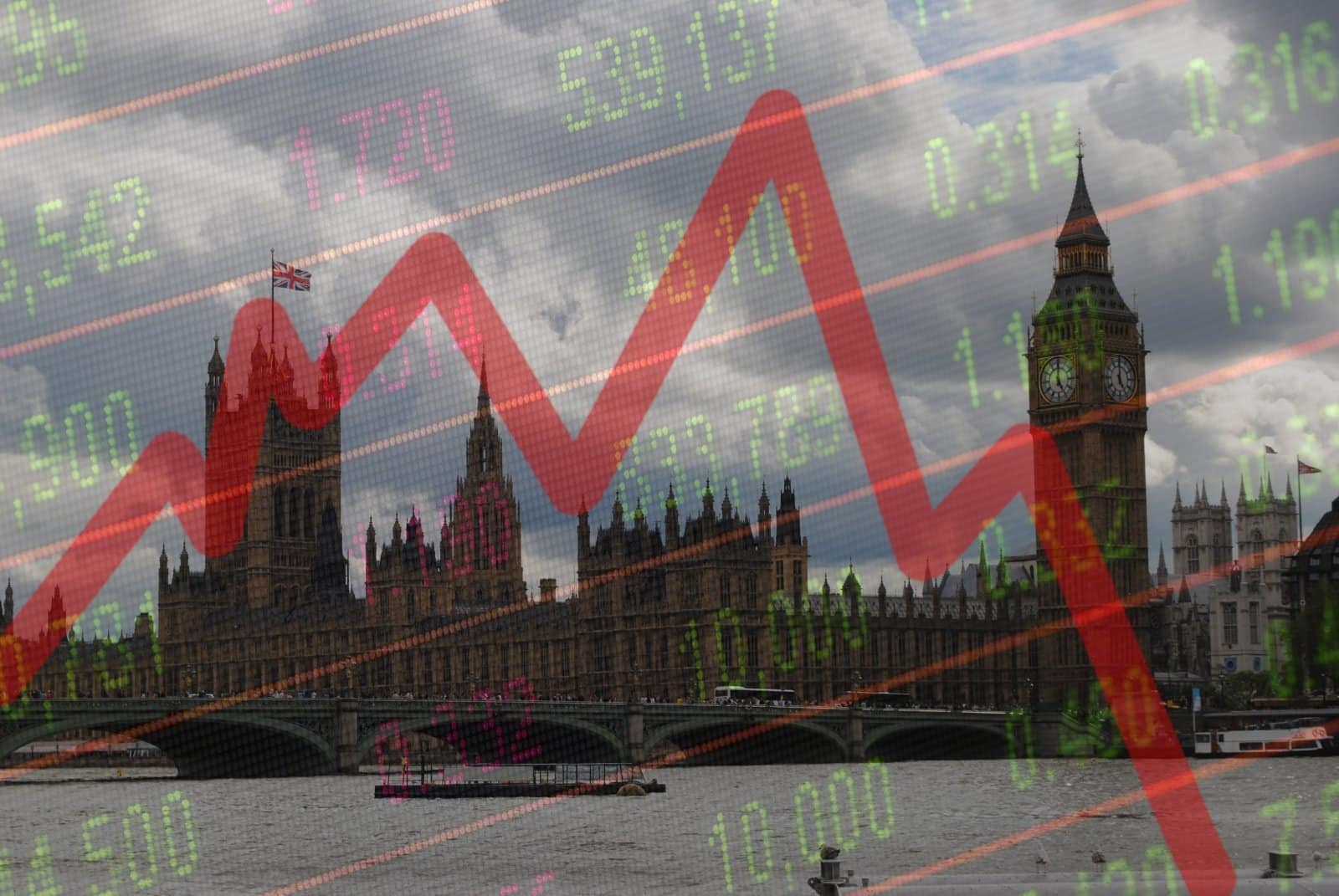
Due to the economic damage caused by Brexit, public opinion has increasingly turned against the decision, with an Opinium poll for the Observer finding that 56% of voters believe Brexit has harmed the economy, while only 12% see it as beneficial.
Rising Shop Prices

This sentiment is mirrored by 62% of respondents who think Brexit has contributed to higher shop prices.
Pressure on Starmer

As people increasingly feel the effects of Brexit on their budgets, pressure is growing on Keir Starmer to introduce policies to improve the situation of citizens struggling with the cost of living crisis.
Ambitious Economic Goals
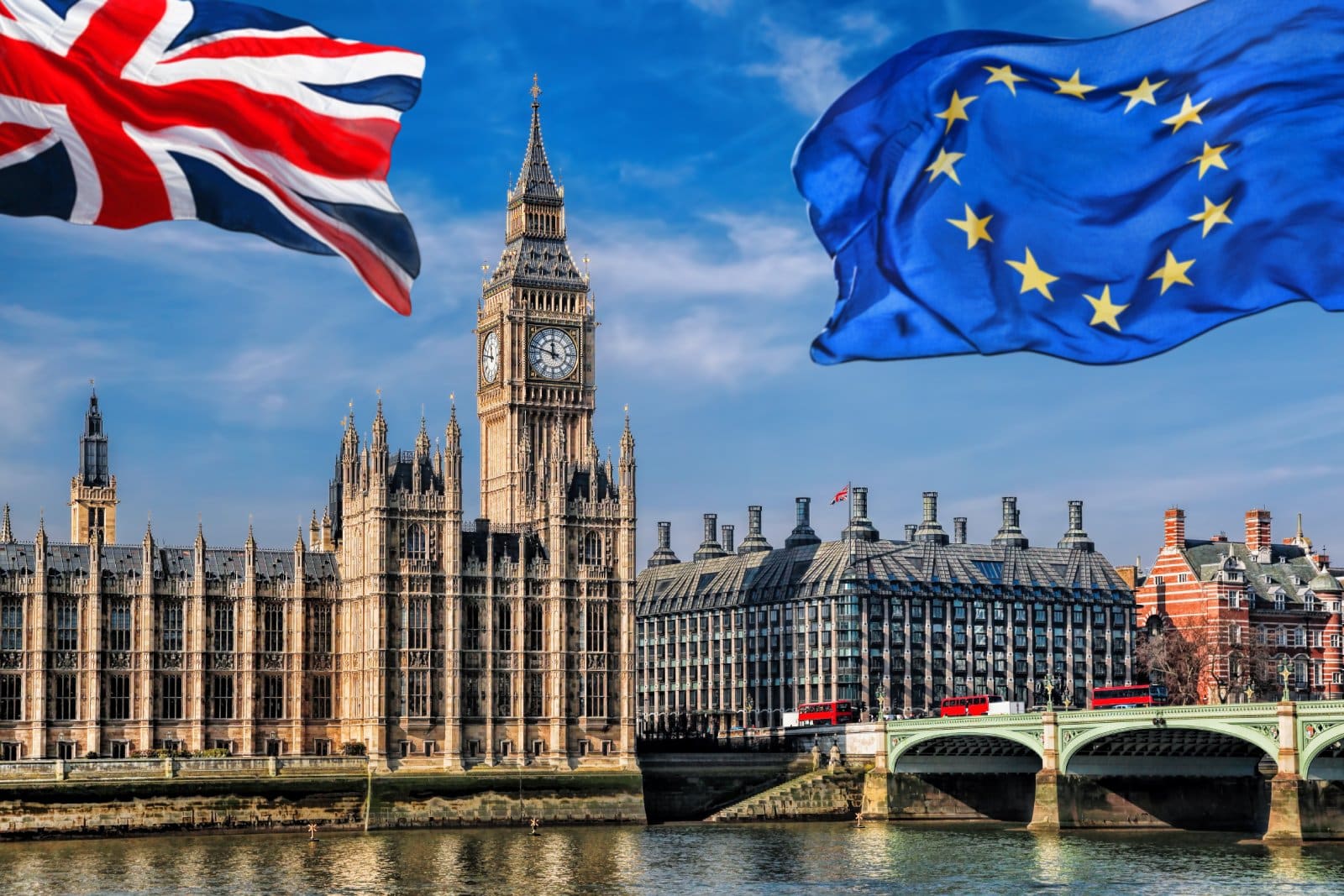
Starmer has pledged to achieve the highest sustained economic growth among G7 countries, a promise that faces scrutiny given the current trade barriers with the EU. Starmer has firmly stated,
Not Rejoining EU
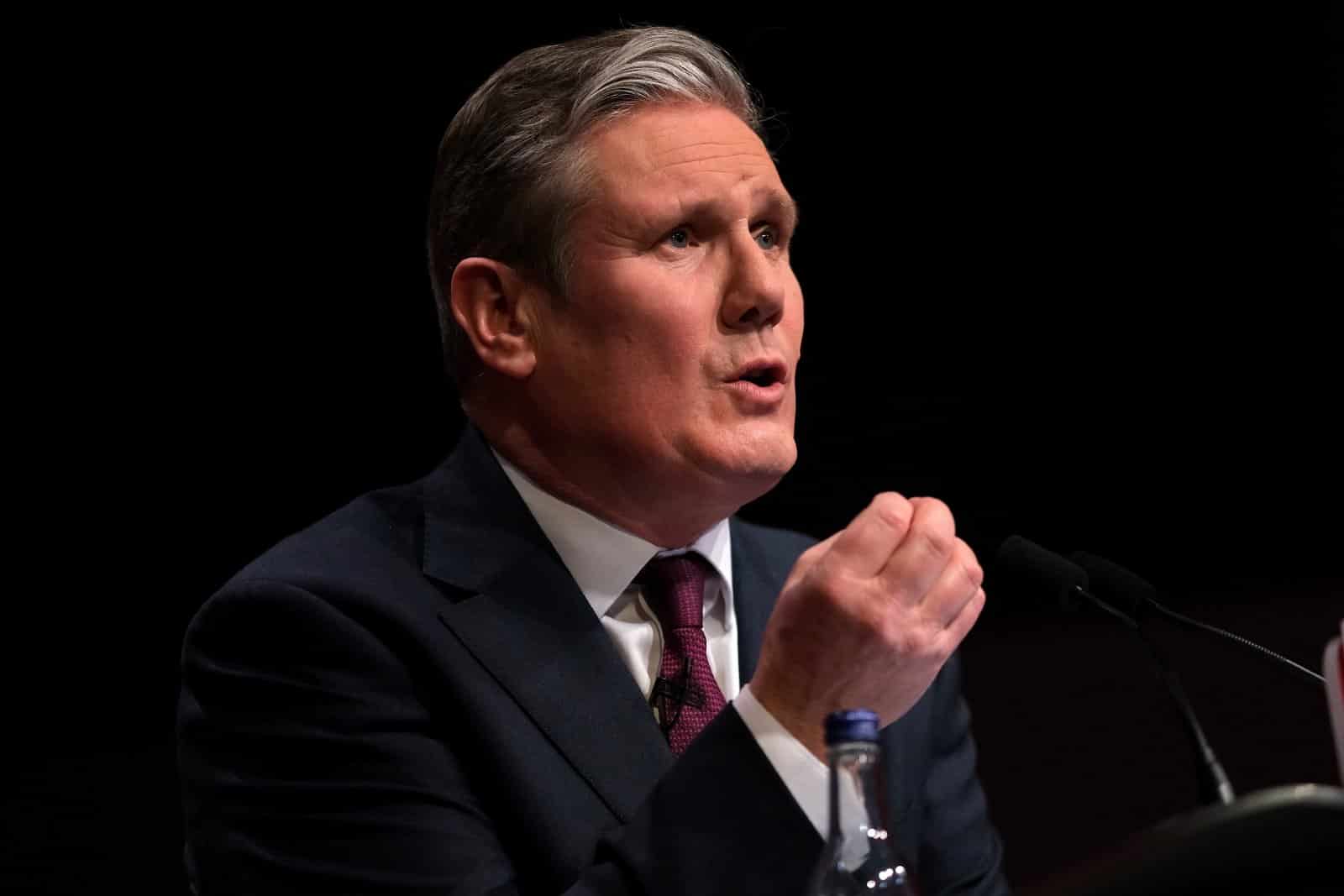
Starmer stated, “We are not rejoining the EU, we are not rejoining the single market or the customs union.” However, economists like Stephen Millard from the National Institute of Economic and Social Research argue that this would be the only way to improve the country’s economic outlook.
Closer Relationship Benefits
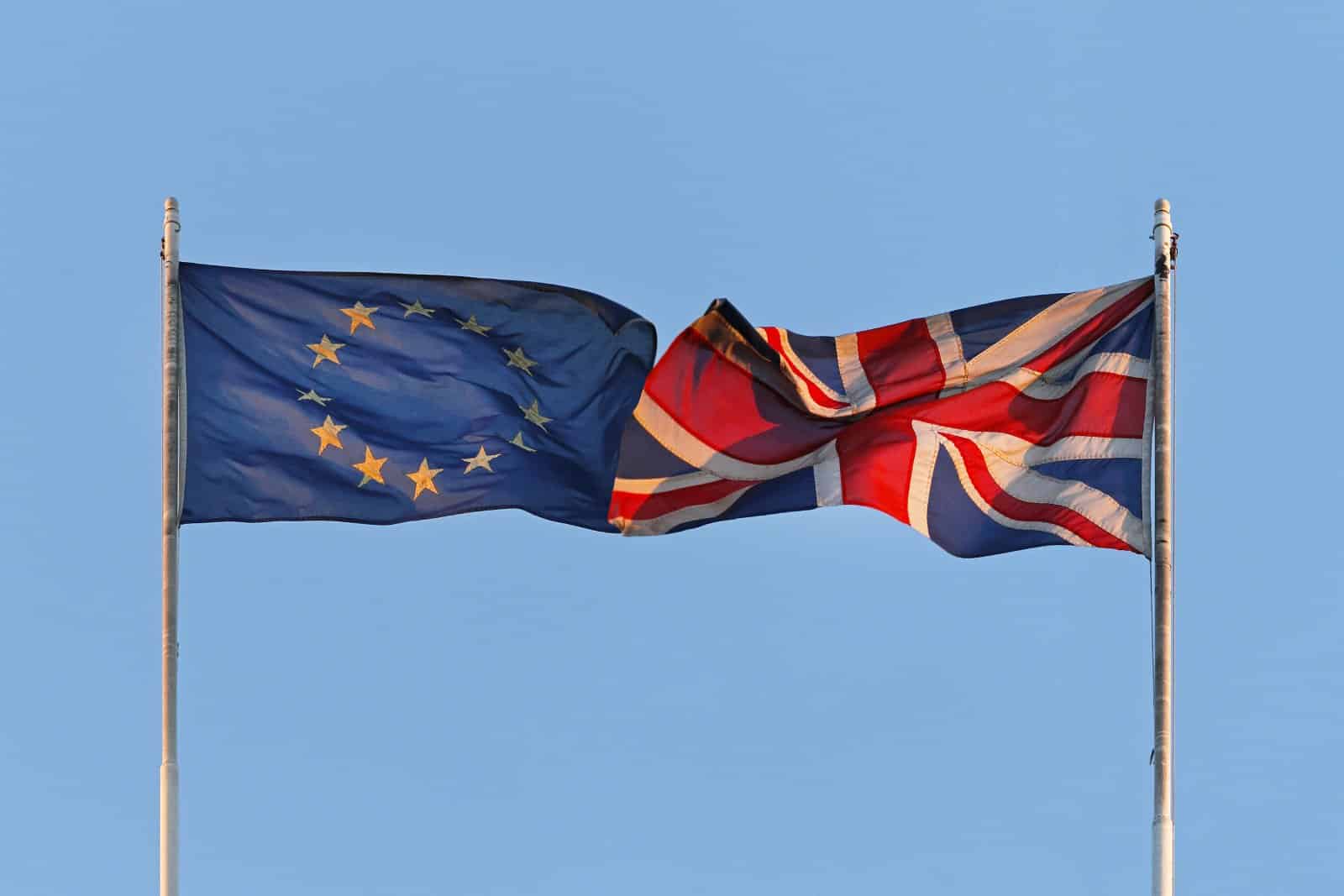
Millard stated, “The closer we are able to get to where we were [as full members of the EU] then the higher growth we will get out of it. We could certainly enjoy higher growth if we were to have a closer relationship with Europe.”
Decline in Governance Quality

However, it is not just the economy which has suffered in post-Brexit Britain. A recent groundbreaking study from the University of California has shown how the combined effects of austerity and Brexit have caused “long-term scars” to public trust in UK institutions.
Governance Index Drop
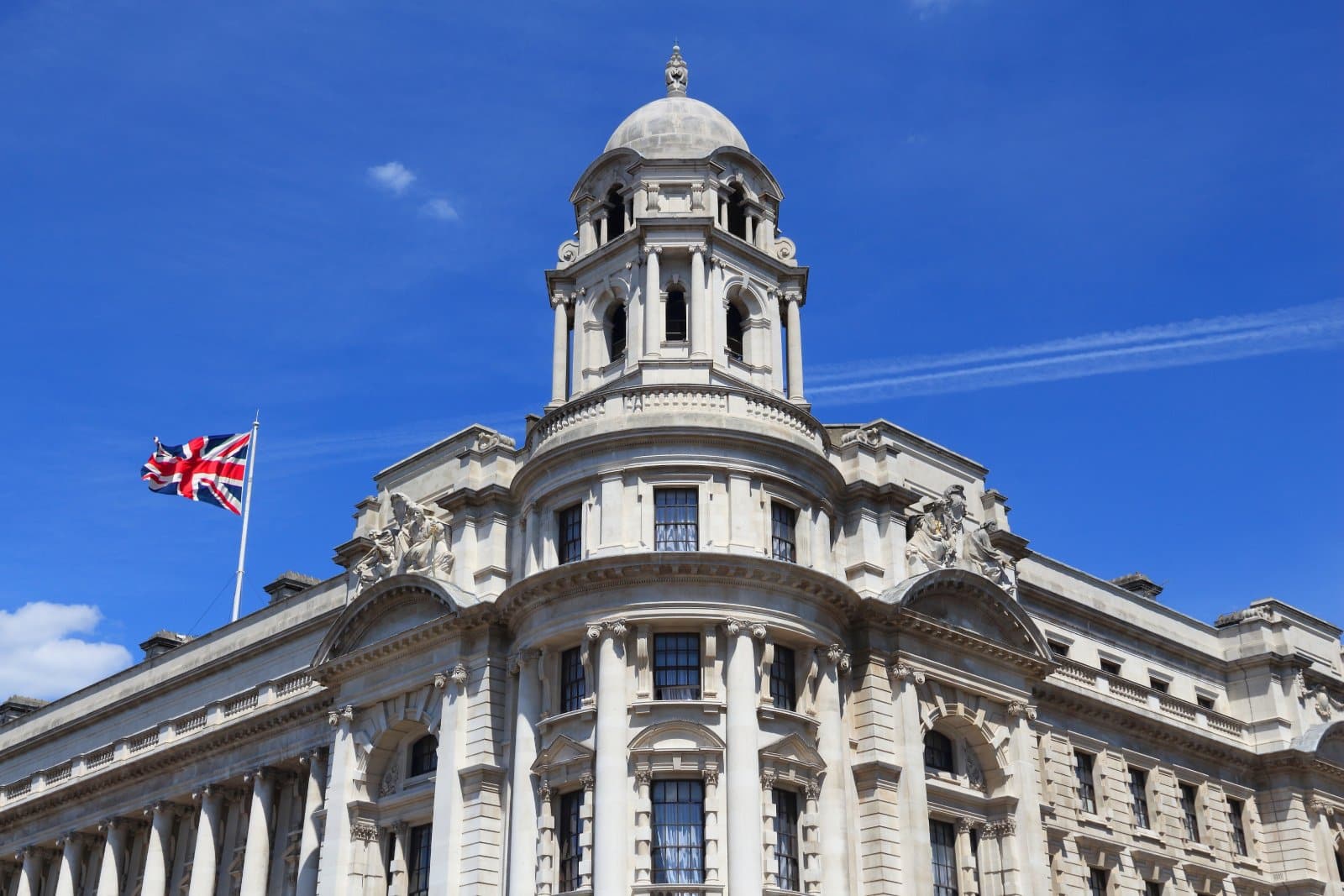
The report shows how the quality of UK governance has declined over the past decade, as evidenced by the Berggruen Governance Index. While the UK still ranks high globally, its state capacity has seen a notable drop, attributed to crippling austerity measures and years of political dysfunction.
Focus Diverted

The report indicates that the focus on Brexit and migration issues diverted attention from necessary structural reforms, weakening the government’s ability to address pressing social and economic challenges.
Economic Stagnation

Researchers at the University of California identify the economic stagnation post-2010 as a critical factor, with austerity measures exacerbating regional inequality and reducing investment in infrastructure.
Infrastructure Issues

This lack of investment has resulted in “crumbling transport and a lack of affordable housing near employment centres,” contributing to low productivity growth and economic stagnation.
Daunting Task Ahead
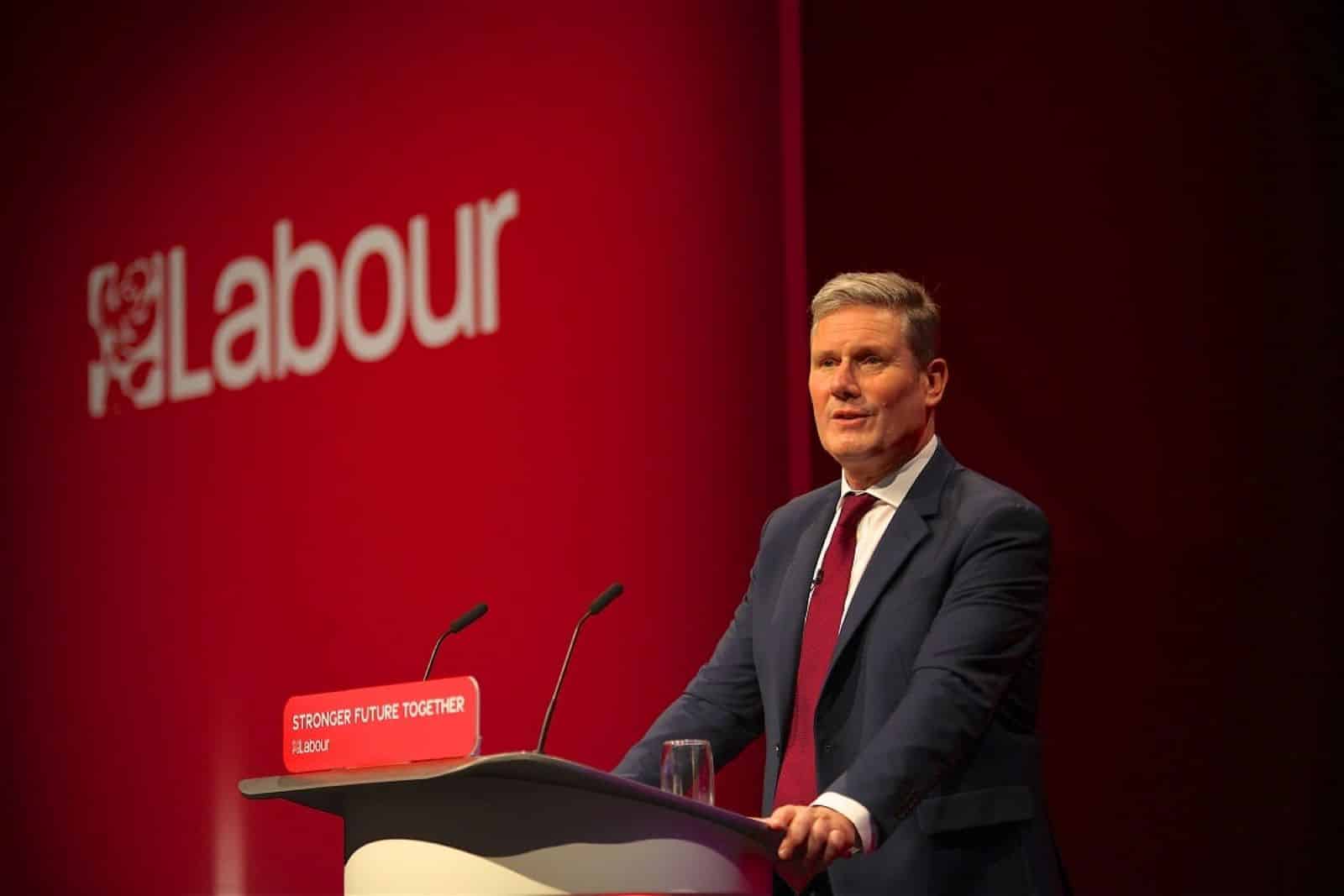
The next government, likely Labour under Keir Starmer, will face the daunting task of addressing these deep-rooted issues. The Berggruen report suggests significant structural changes are required to restore economic growth and public trust.
Difficult Choices Avoided

However, the Institute for Fiscal Studies warns that Labour and the Conservatives have avoided addressing the “difficult choices” necessary to resolve the country’s economic challenges.
Uncertain Economic Future

The UK’s economic future remains uncertain, heavily influenced by the lingering effects of Brexit and past austerity measures.
Potential Growth Roadmap

While Labour’s plans offer a roadmap for potential growth, the calls for a swift structural change to the UK’s relationship with the EU are growing increasingly likely. It remains to be seen whether Labour, with polls predicting a record-breaking majority, will heed these calls before the economic situation becomes untenable.
Featured Image Credit: Shutterstock / Alexandre Rotenberg.

